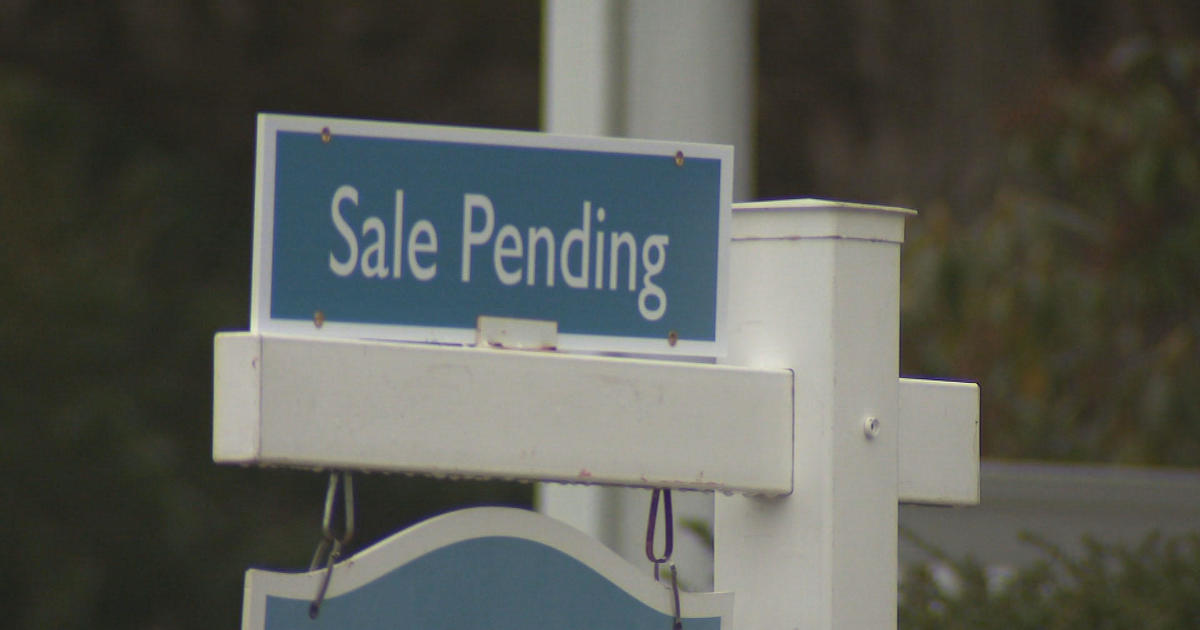Cities, Schools Nervous About Michigan Tax Debate
LANSING (AP) - Michigan Republicans want to phase out or eliminate a tax paid by businesses on equipment, making local governments and schools that rely on the revenue nervous.
The personal property tax generates more than $1 billion a year statewide, with most of the money going to local governments and schools. Local officials want to make sure that money is somehow replaced if the Republican-led Legislature decides to whack the tax in hopes of sparking more business investment.
Doug Terry, the city manager in Litchfield - located about 90 miles west of Detroit - says it would be "devastating" if the tax was eliminated and revenues weren't replaced.
"It would change everybody's lives in our community," he said.
The tax - generally assessed on business and utility equipment such as machinery, furniture and computers - provides money to aid improvements and help attract new jobs to a Litchfield industrial park that employs about 2,000 people. In Midland, the tax raises about $7 million - more than enough to pay for the city's fire department. Loss of the personal property tax would cost Detroit roughly $50 million.
Local governments and schools want to preserve the funding because many of them already are struggling with shrinking revenues due to declining property values and state budget cuts. Republican Gov. Rick Snyder's administration says it's committed to providing some replacement revenue and easing the transition for communities.
But it's not yet clear how that will be accomplished through a personal property tax reform plan that's still in development.
"In many respects, that's the more difficult aspect of the question," Republican Lt. Gov. Brian Calley said. "We're taking very special care to make sure that we have a workable, predictable plan for how we transition off that type of a tax base."
Republicans say they want the tax eliminated because it discourages some businesses from investing in equipment and technology needed to preserve and create jobs in Michigan. Other Midwest states already have abandoned the personal property tax, Calley said.
"The way that it works is the more you invest in Michigan, the higher you pay. That's backward of what we want," Calley said of the personal property tax. "We'd like to have a system that essentially rewards productivity and investment in Michigan as opposed to one that is punitive."
Scaling back or eliminating the personal property tax would be another in a wave of business tax changes Republicans say are designed to spark job creation in the state. Legislation already signed by Snyder is expected to lower the overall tax bill for businesses by roughly $1.1 billion this fiscal year.
The amount of money raised by the personal property tax varies widely from community to community. It's not a big deal in bedroom communities that don't have a significant base of business taxpayers. But the tax can provide a major chunk of revenue in places reliant on businesses with significant technology and equipment investments.
Libraries and community colleges, in addition to schools and local governments, rely on the revenue in some locations.
An Oct. 1-4 poll by EPIC-MRA of Lansing says 61 percent of respondents would oppose a proposal to totally eliminate personal property taxes. Twenty-eight percent favored the proposal and 11 percent were undecided.
The initial poll question didn't address potential replacement of lost revenue. A follow-up question showed 76 percent of respondents support replacing at least some of the lost revenue if the tax is repealed. The poll of 600 likely voters had a margin of sampling error of plus or minus 4 percentage points.
The Michigan Municipal League is part of a coalition saying that replacement funding should be guaranteed in the state constitution if the personal property tax is repealed.
Michigan cities are facing financial struggles at least as severe as those in many other states because of declining tax revenues.
A National League of Cities report says most U.S. cities have cut staff, canceled construction projects or raised fees this year. Two-thirds of city finance officers said they had delayed or canceled public-works projects. Two in five reported raising fees for city services. One in five had cut spending on public safety. Nearly one in three had laid off staffers.
In Midland over the past few years, some public works projects have been reduced and hours have been trimmed in the library and public transportation systems. More of the same could be expected if the personal property tax is repealed and not replaced. The other option would be trying to raise property taxes or other fees to offset the lost revenue.
"I would think we'd have to look at increasing taxes on one side of the equation, as well as reducing services on the other," said Jon Lynch, Midland's city manager.
Copyright 2011 by The Associated Press. All Rights Reserved.



